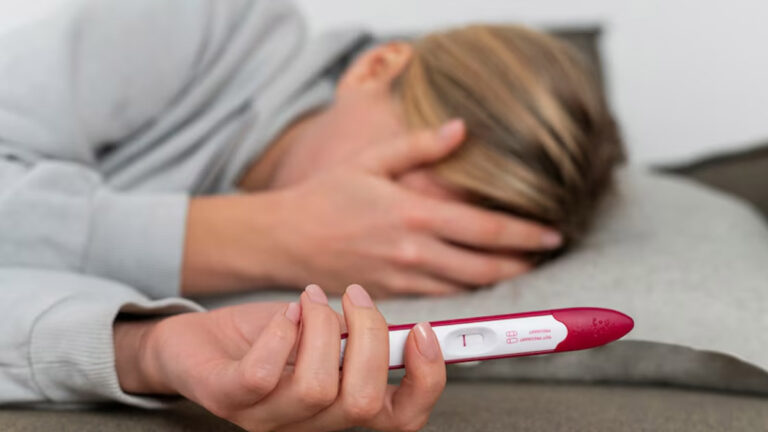Infertility is becoming a growing concern worldwide, affecting couples of reproductive age. In India, the issue is particularly alarming, with an increasing number of people facing challenges related to reproduction. According to a study by the National Library of Medicine, approximately one out of six couples experiences infertility. The Journal of Reproduction and Infertility also reports that 18.7 per 1,000 women in long-term marriages face infertility, a trend that worsens as marriage duration shortens.
Key Factors Contributing to Infertility
- Polycystic Ovarian Syndrome (PCOS):
PCOS is one of the most common causes of infertility. It occurs when women have high androgen levels or cysts in their ovaries. This condition leads to irregular menstrual cycles and difficulty in conception. Studies show that between 3.7% and 22.5% of women in India suffer from PCOS, with symptoms such as excessive body hair, weight gain, and fertility problems. PCOS can stem from both genetic factors and an unhealthy lifestyle, including poor nutrition and lack of physical activity. - Age-Related Hormonal Changes:
Late marriages and delayed parenthood have become more common in recent years. However, these changes can affect fertility. Research indicates that a woman’s fertility starts to decline after the age of 30, with a sharper decrease after 35. Additionally, around 12% of Indian women experience menopause before the age of 40, further complicating fertility. - Thyroid Disorders:
Both hyperthyroidism and hypothyroidism can negatively impact fertility. Since thyroid hormones are vital for reproductive health, any imbalance can cause menstrual irregularities, ovulation problems, and even miscarriages.
The Role of Substance Abuse in Fertility
Substance use, including smoking, drinking, and drug abuse, is linked to infertility in both men and women. Smoking has been shown to reduce sperm quality in men by affecting sperm motility and morphology. In women, smoking disrupts hormonal levels, reduces egg reserves, and increases the risk of pregnancy complications. Similarly, excessive alcohol consumption interferes with ovulation in women and sperm production in men, leading to infertility. Additionally, certain drugs have been associated with reduced sperm count and testicular shrinkage.
Lifestyle Factors Impacting Reproductive Health
- Diet and Nutrition:
Consumption of junk food and processed products that are high in sugar, unhealthy fats, and additives is detrimental to reproductive health. Poor nutrition can lead to hormonal imbalances, further contributing to infertility issues. - Sedentary Lifestyle and Obesity:
Modern lifestyles, characterized by a lack of physical activity and high stress, have contributed to a rise in obesity rates. Obesity is linked to hormonal imbalances, which can impact both ovarian health and sperm production. - Stress:
Chronic stress can have a significant effect on reproductive health. It can disrupt hormone production, leading to ovulation problems in women and reduced sperm quality in men. The pressures of balancing work, family, and personal life can also cause sexual health issues in couples.
Moving Forward: The Need for Holistic Solutions
Addressing the infertility crisis in India requires a comprehensive approach. Raising awareness, improving access to healthcare, and creating support networks can help couples struggling with infertility. Breaking social stigmas and offering emotional support will empower individuals and couples to seek timely medical help and guidance.
Conclusion
The rising rates of infertility are deeply concerning, but by understanding the underlying causes—such as hormonal imbalances, lifestyle choices, and substance abuse—solutions can be developed. Improving reproductive healthcare access, education, and support systems is essential for reversing this trend and promoting healthier families.
Important Note: Before making any significant changes to your health, it is always advisable to consult with your doctor or healthcare professional. They can offer personalized guidance based on your medical history and current health condition.
For any health-related concerns, please contact us at +91-9058577992 to receive a free consultation from our experienced doctors. Your health is our top priority. Thank you.

